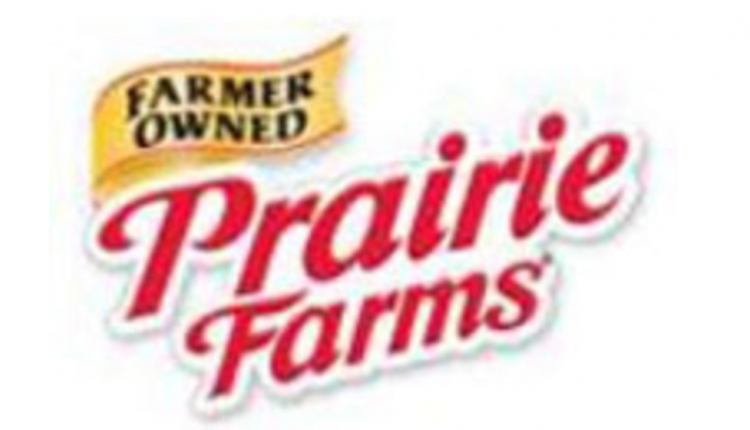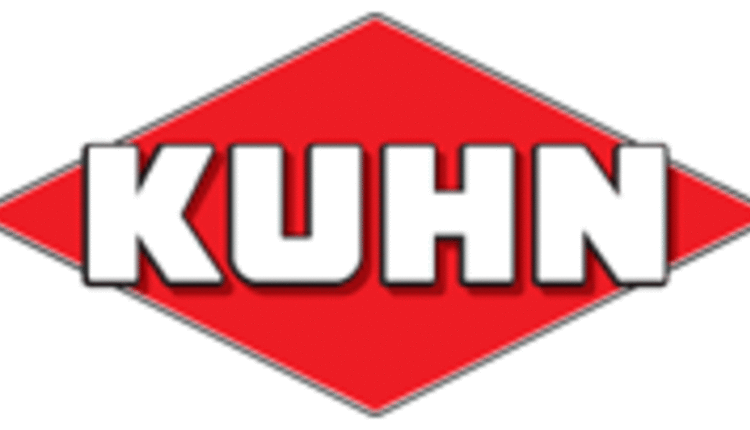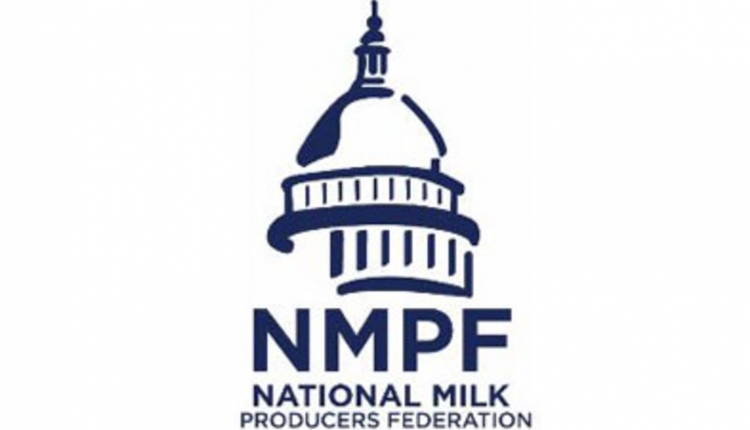The information below has been supplied by dairy marketers and other industry organizations. It has not been edited, verified or endorsed by Hoard’s Dairyman. 
Silages supply energy, protein, and digestible fiber to ruminants. Managing silage is a critical task because significant reductions in the energy value and nutritional quality of silage are possible during storage. The estimated economic impact of nutrient loss in silage exceeds $2 billion per year, highlighting the importance of research regarding silage.
In the Silage Special Issue, topics covered include silage feeding, silage safety and human health, nutrient loss in silage, effects of additives, microbial ecology of silage, and effects of climate on silage, among others. These reviews cover vital topics that are of considerable impact. The implications for human safety are of particular note, according to Adegbola Adesogan, PhD, director of the Feed The Future Innovation Lab for Livestock Systems, Department of Animal Sciences, University of Florida; the topic has rarely appeared in a peer-reviewed scientific publication.
"This Silage Special Issue is intended as a comprehensive, contemporary review of the major aspects of silage technology from harvest to feeding. It builds on the legacy of the Agronomy Monograph No. 42 (Silage Science and Technology) published in 2003,” Dr. Adesogan, one of the organizers of the issue, said.
The Silage Special Issue will be published as part of the May issue of the Journal of Dairy Science. A diverse group of international authors contributed to produce 12 in-depth reviews for the special issue, presenting a broad array of important information regarding silage.
The ADSA® Foundation collection of Silage Special Issue articles is available from Elsevier for $25 plus the cost of shipping at https://elsstmj.directfrompublisher.com.
About the American Dairy Science Association (ADSA)The American Dairy Science Association (ADSA) is an international organization of educators, scientists, and industry representatives who are committed to advancing the dairy industry and keenly aware of the vital role the dairy sciences play in fulfilling the economic, nutritive, and health requirements of the world's population. It provides leadership in scientific and technical support to sustain and grow the global dairy industry through generation, dissemination, and exchange of information and services. Together, ADSA members have discovered new methods and technologies that have revolutionized the dairy industry.
About Elsevier
Elsevier is a global information analytics business that helps institutions and professionals advance healthcare, open science and improve performance for the benefit of humanity. Elsevier provides digital solutions and tools in the areas of strategic research management, R&D performance, clinical decision support and professional education, including ScienceDirect, Scopus, SciVal, ClinicalKey and Sherpath. Elsevier publishes over 2,500 digitized journals, including The Lancet and Cell, 38,000 e-book titles and many iconic reference works, including Gray’s Anatomy. Elsevier is part of RELX Group, a global provider of information and analytics for professionals and business customers across industries.

Silage is the fermented and acidic stored feed from agricultural crops routinely fed on dairy and livestock farms worldwide. In the United States, corn silage production increased by approximately 33% between 1982 and 2012, and 2.61 million hectares are currently used for corn silage production. Because of its importance to dairy science and agriculture more broadly, the Journal of Dairy Science assembled a special issue on silage to add critical insight and information to the available literature.“In the Journal of Dairy Science alone, nearly 30 articles with the words ‘silage inoculant’ or ‘additive’ in the title have been published in the past 10 years,” Rick Grant, PhD, president of the William H. Miner Agricultural Research Institute, said. “So, the Silage Special Issue is very important because it summarizes and interprets the considerable research progress that has occurred.”
Silages supply energy, protein, and digestible fiber to ruminants. Managing silage is a critical task because significant reductions in the energy value and nutritional quality of silage are possible during storage. The estimated economic impact of nutrient loss in silage exceeds $2 billion per year, highlighting the importance of research regarding silage.
In the Silage Special Issue, topics covered include silage feeding, silage safety and human health, nutrient loss in silage, effects of additives, microbial ecology of silage, and effects of climate on silage, among others. These reviews cover vital topics that are of considerable impact. The implications for human safety are of particular note, according to Adegbola Adesogan, PhD, director of the Feed The Future Innovation Lab for Livestock Systems, Department of Animal Sciences, University of Florida; the topic has rarely appeared in a peer-reviewed scientific publication.
"This Silage Special Issue is intended as a comprehensive, contemporary review of the major aspects of silage technology from harvest to feeding. It builds on the legacy of the Agronomy Monograph No. 42 (Silage Science and Technology) published in 2003,” Dr. Adesogan, one of the organizers of the issue, said.
The Silage Special Issue will be published as part of the May issue of the Journal of Dairy Science. A diverse group of international authors contributed to produce 12 in-depth reviews for the special issue, presenting a broad array of important information regarding silage.
The ADSA® Foundation collection of Silage Special Issue articles is available from Elsevier for $25 plus the cost of shipping at https://elsstmj.directfrompublisher.com.
About the Journal of Dairy Science
The Journal of Dairy Science (JDS®), official journal of the American Dairy Science Association®, is co-published by Elsevier and FASS Inc. for the American Dairy Science Association. It is the leading general dairy research journal in the world. JDS readers represent education, industry, and government agencies in more than 70 countries, with interests in biochemistry, breeding, economics, engineering, environment, food science, genetics, microbiology, nutrition, pathology, physiology, processing, public health, quality assurance, and sanitation. JDS has a 5-year Impact Factor of 2.855 according to the 2016 Journal Citation Reports®, published by Clarivate Analytics (2017).
About the American Dairy Science Association (ADSA)
About Elsevier
Elsevier is a global information analytics business that helps institutions and professionals advance healthcare, open science and improve performance for the benefit of humanity. Elsevier provides digital solutions and tools in the areas of strategic research management, R&D performance, clinical decision support and professional education, including ScienceDirect, Scopus, SciVal, ClinicalKey and Sherpath. Elsevier publishes over 2,500 digitized journals, including The Lancet and Cell, 38,000 e-book titles and many iconic reference works, including Gray’s Anatomy. Elsevier is part of RELX Group, a global provider of information and analytics for professionals and business customers across industries.





